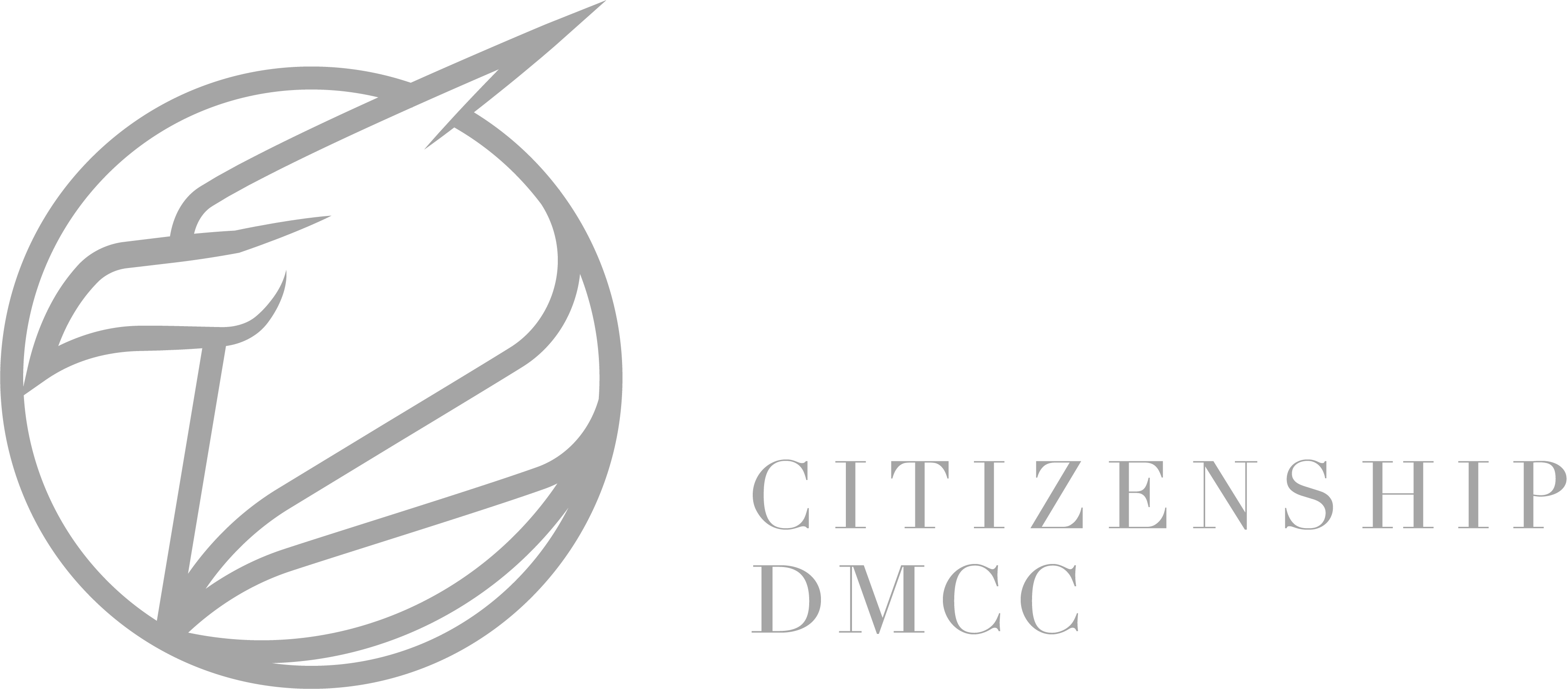The New Changes to Canada’s Start-Up Visa Program in 2024: What You Need to Know
Significant Changes to Canada’s Start-Up Visa Program in 2024: What Entrepreneurs Need to Know
Canada’s Start-Up Visa (SUV) program, a key pathway for entrepreneurial immigrants, has seen significant updates in 2024. Designed to attract innovative business owners to the country, the program has undergone a series of changes aimed at reducing application backlogs, boosting efficiency, and enhancing the overall quality of applicants. As a result, These reforms will shape the landscape for aspiring entrepreneurs, making it more competitive while also creating faster processing options for high-potential ventures.
Key Changes to Canada’s Start-Up Visa Program in 2024
The most notable update to the Start-Up Visa program is the introduction of an application cap. Under the new guidelines, each designated organization—such as venture capital funds, angel investor groups, and business incubators—is now limited to submitting only ten applications per year. This change is designed to encourage more focused and competitive applications, ensuring that only the most promising start-ups are considered.
Furthermore, another major update is the introduction of priority processing for applicants supported by designated organizations. Now, start-ups backed by these organizations will receive faster processing, typically within three to six months. This priority processing is specifically designed to expedite the approval process for high-quality ventures, enabling innovative entrepreneurs to contribute to Canada’s economy sooner.
Open Work Permits for Entrepreneurs in the Start-Up Visa Program
One of the most entrepreneur-friendly aspects of the 2024 changes is the introduction of open work permits for key individuals in start-ups. Essential individuals involved in a start-up can now obtain open work permits valid for up to three years. This flexibility allows entrepreneurs to focus on building their business in Canada without the restrictions typically associated with traditional work permits.
Implications for Entrepreneurs: What You Need to Know
1. Heightened Competition
The introduction of the application cap means that competition for SUV spots will be more intense. Entrepreneurs seeking to immigrate through the program will need to demonstrate the potential of their start-up to stand out in a crowded field. To succeed, applicants must focus on building solid, innovative business models that align with the needs of Canada’s growing economy.
2. Priority for High-Quality Ventures
The new priority processing system gives an advantage to start-ups supported by established organizations. Entrepreneurs partnering with venture capital funds, angel investors, or business incubators will have a significant edge in the application process. These ventures will be processed more quickly, which is crucial for those eager to launch their businesses in Canada as soon as possible.
3. Stricter Standards for Designated Organizations
In response to the cap on applications and priority processing, designated organizations will likely impose stricter standards when selecting start-ups to support. As a result, entrepreneurs applying through these organizations should expect a more rigorous selection process. Mature, well-funded ventures with a clear path to success are now more likely to be selected for support and successfully navigate the application process.
Tips for Success
To increase your chances of success in the competitive Start-Up Visa program, consider the following tips:
- Secure a Letter of Support (LoS): This document, provided by a designated organization, is essential for your application. Without it, your application cannot proceed.
- Build a Solid Business Plan: Ensure your start-up is well-funded and has a sustainable business model that aligns with Canada’s economic goals.
- Partner with a Designated Organization: Collaborating with a venture capital fund, angel investor group, or business incubator increases your chances of success and ensures faster processing.
The Future of Canada’s Immigration Programs: 2025 and Beyond
Looking ahead, Canada’s economic immigration programs, including the Provincial Nominee Programs (PNPs) in Canada’s immigration strategy, face challenges.
Key Challenges:
- Lower Admissions Targets: The 2025-2027 Immigration Levels Plan has reduced PNP admissions to 55,000 annually, down from 120,000.
- Regional Focus: Provinces may prioritize applications for smaller, underserved communities, aligning with Canada’s regionalization goals.
Implications:
These changes suggest increased competition for PNP nominations and a shift in focus towards applicants who can contribute to the economic development of smaller communities.
Why Choose ROC Citizenship Services?
Navigating Canada’s immigration system, especially in a competitive landscape like the Start-Up Visa program, can be challenging. At ROC Citizenship Services, we offer expert guidance to help you succeed in your application. From securing a Letter of Support to identifying the right designated organization, our team is here to assist you every step of the way.
Contact us today to book a consultation and take the first step toward realizing your entrepreneurial dreams in Canada.


